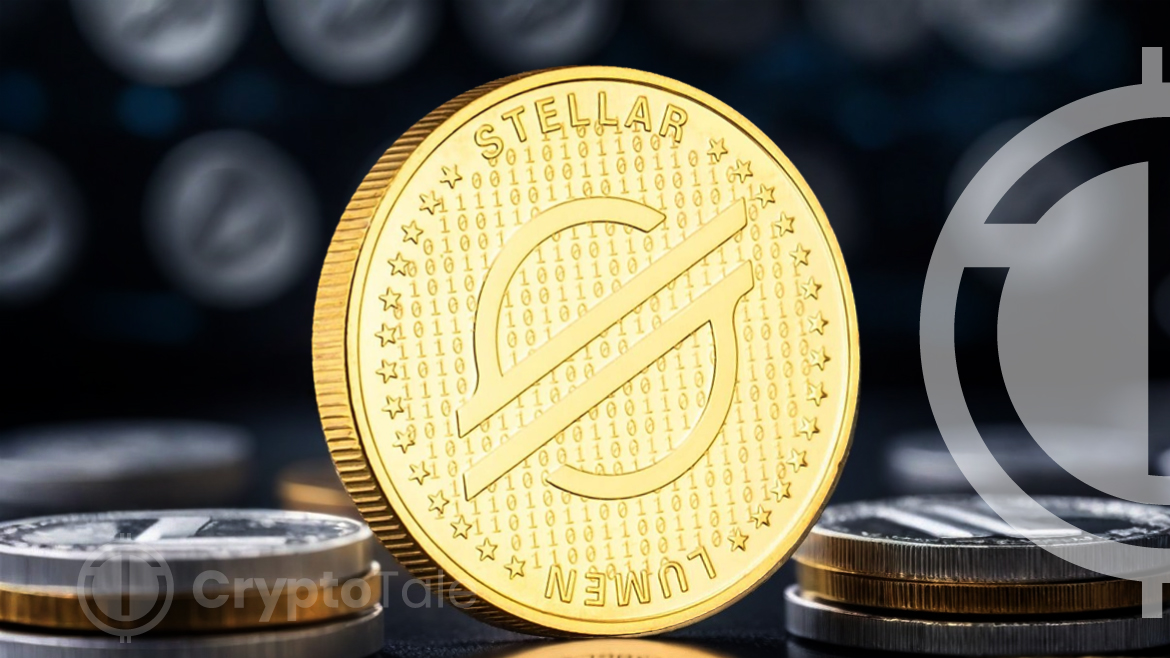- Stellar activates smart contracts through the Protocol 20 upgrade, initiating a phased rollout for Soroban platform deployment.
- Methodical rollout prioritizes stability allowing validators to gradually increase transaction capacity and monitor performance.
- Stellar aims to revolutionize DeFi with low-cost, secure smart contracts, promoting inclusivity for users with accessibility barriers.
The Stellar ecosystem shared that the smart contracts are now officially live on the Stellar network. This marked the start of a new era for decentralized finance (DeFi) on the platform. This milestone, achieved through the successful upgrade of Protocol 20, paves the way for the phased rollout of Soroban, the network’s native smart contracts platform.
While smart contracts are now active, the rollout will be methodical, with validators gradually increasing transaction capacity in stages. This phased approach prioritizes network stability and allows participants to monitor the impact of smart contracts on performance and security.
Stellar aims to revolutionize DeFi by offering low-cost, secure, and scalable smart contracts built with real-world use in mind. The network’s existing infrastructure of asset issuers, on-ramps, and wallets facilitates participation for users previously excluded from other DeFi ecosystems due to high transaction costs and accessibility barriers.
The development of smart contracts on Stellar has been a collaborative effort between the Stellar Development Foundation (SDF) and the broader community. Over the past two years, extensive work has been done to design and implement Soroban and prioritize developer experience with familiar tools like Rust and WebAssembly.
The Stellar Development Foundation (SDF) launched a funding initiative to promote the development of the Soroban smart contract platform. As a non-profit organization supporting the growth of the Stellar network, SDF aimed to encourage developers to build new financial services on the network. Soroban, which went live on Futurenet on Oct. 11, was designed to bring Turing-complete smart contracts to the Stellar blockchain.
The platform enabled developers to create new financial services rails on the network, according to SDF. This initiative was expected to foster the growth of the Stellar ecosystem, enabling it to offer more efficient and secure financial services to the public.
With smart contracts now live, the stage is set for a wave of innovation on the Stellar network. Developers can begin building decentralized applications (dApps) and novel protocols, expanding the reach of DeFi and unlocking new financial opportunities for users worldwide.
Despite the significant development, Stellar’s native token XLM has not seen a major price surge and is trading at $0.116 at the time of press. While it trails the broader crypto market rally, XLM’s long-standing presence and established ecosystem position it well to benefit from the potential growth driven by smart contracts.






